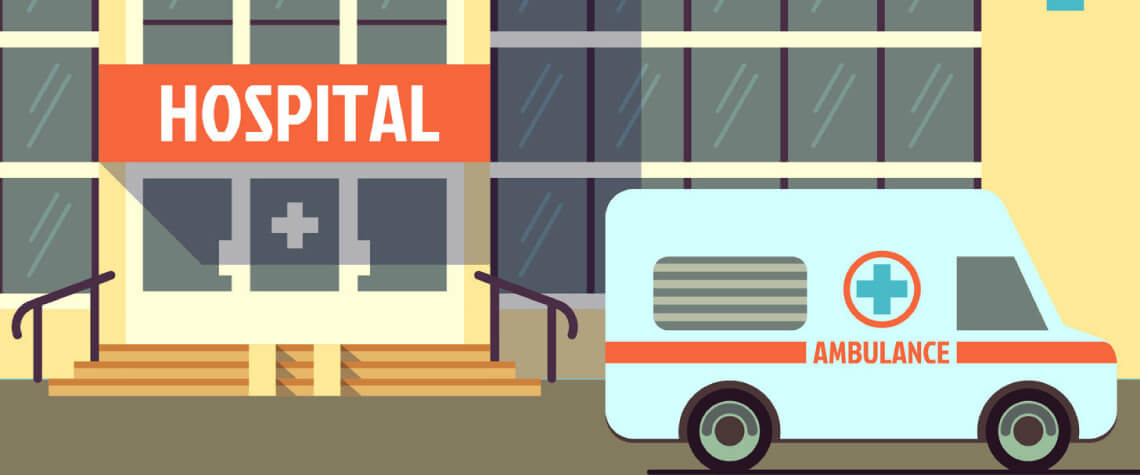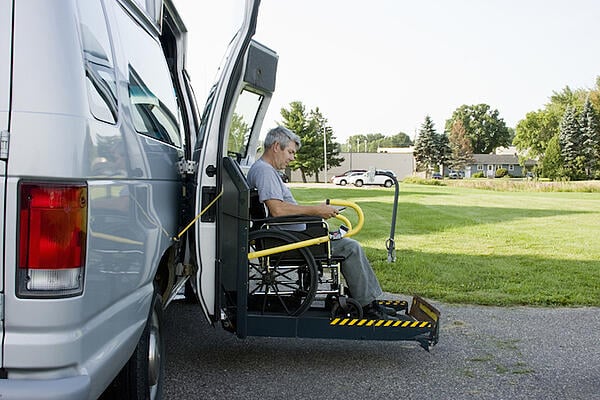Quality Medical Transportation Services: Offering Individuals with Treatment
Quality Medical Transportation Services: Offering Individuals with Treatment
Blog Article
Affordable and Accessible Medical Transport Options for every single Situation
In the realm of medical care, the capability to access medical services is vital, yet the challenge of cost effective and obtainable transport can commonly impede individuals from receiving needed treatment. By exploring customized clinical transport services, community transport programs, ride-sharing and taxi solutions, non-emergency clinical transport, as well as public transit and paratransit options, individuals can discover methods that cater to their specific needs and guarantee they get the treatment they need.
Specialized Medical Transportation Solutions
Specialized medical transportation solutions play a vital function in making sure risk-free and reliable transport for individuals needing specialized care throughout transit. These solutions deal with people with distinct clinical requirements, such as those needing continuous surveillance, specific equipment, or clinical treatments during transport. By using particularly complete cars and qualified medical employees, specialized medical transport solutions make sure that clients receive the essential treatment while being delivered between medical care centers, residences, or other areas.
One secret aspect of customized clinical transport solutions is the concentrate on individual convenience and safety and security. Clinical transportation groups are educated to take care of various clinical conditions and emergencies that might arise throughout transit, giving a higher level of care than conventional transport alternatives. Additionally, these services often provide door-to-door help, reducing the anxiety and discomfort that patients might experience during transfers.
Neighborhood Transportation Programs
Having actually addressed the important role of specific clinical transport services in ensuring risk-free and reliable transportation for people with unique clinical needs, the focus now changes to analyzing Neighborhood Transportation Programs - medical transportation. These programs play a vital duty in supplying affordable and accessible transport solutions for the basic population, including elders, people with handicaps, and low-income family members who may encounter obstacles in accessing typical transport options
Community Transportation Programs include a range of services such as fixed-route buses, paratransit solutions, volunteer vehicle driver programs, and ridesharing campaigns. These programs are usually funded by regional governments, charitable organizations, or exclusive business to guarantee that people have trusted transport alternatives to reach medical visits, food store, social activities, and other essential destinations.
Ride-Sharing and Taxi Services

One of the vital benefits of ride-sharing and taxi services is their access. These services operate 24/7, allowing people to take a trip to clinical appointments, pharmacies, or health centers at any moment of the day. Furthermore, ride-sharing and taxi services accommodate find this people with flexibility challenges by offering wheelchair-accessible cars upon request.
Furthermore, ride-sharing and taxi services can be particularly useful for individuals living in areas with limited mass transit options. By connecting the space between home and health care facilities, these services play a critical duty in guaranteeing that everybody has accessibility to crucial clinical services.
Non-Emergency Medical Transport

Non-Emergency Medical Transportation service providers usually utilize experienced employees who are experienced in helping people with varying medical needs. By providing door-to-door service, Non-Emergency Medical Transportation boosts the total availability of health care for individuals who might or else have a hard time to go to crucial clinical consultations.
Public Transit and Paratransit Options
Public transit and paratransit alternatives supply necessary transportation solutions for individuals with differing mobility needs, making sure access to crucial locations such as clinical centers and appointments. Public transit systems, consisting of buses, trains, and subways, provide a cost-effective and commonly available mode of transportation for individuals looking for to get to medical consultations. These solutions are especially useful for those who might not have access to exclusive lorries or need help because of movement obstacles.
Paratransit services cater particularly to people with specials needs who are not able to make use of conventional public transport. These services supply door-to-door transportation, fitting people with wheelchairs, pedestrians, or other mobility help. Paratransit cars are equipped with functions such as mobility device ramps and securement systems to ensure the safe and comfy transportation of travelers with varying flexibility demands.

Conclusion

Report this page